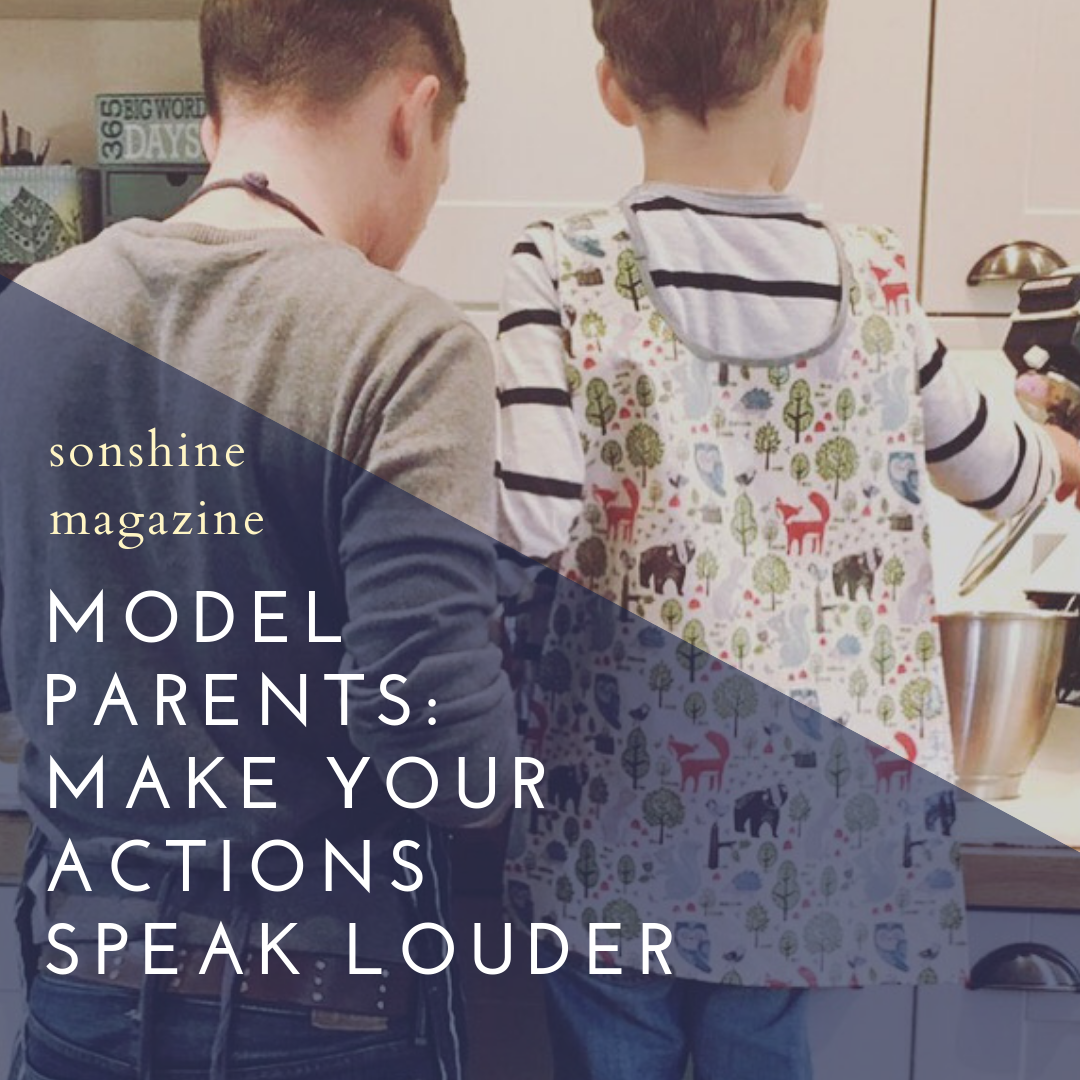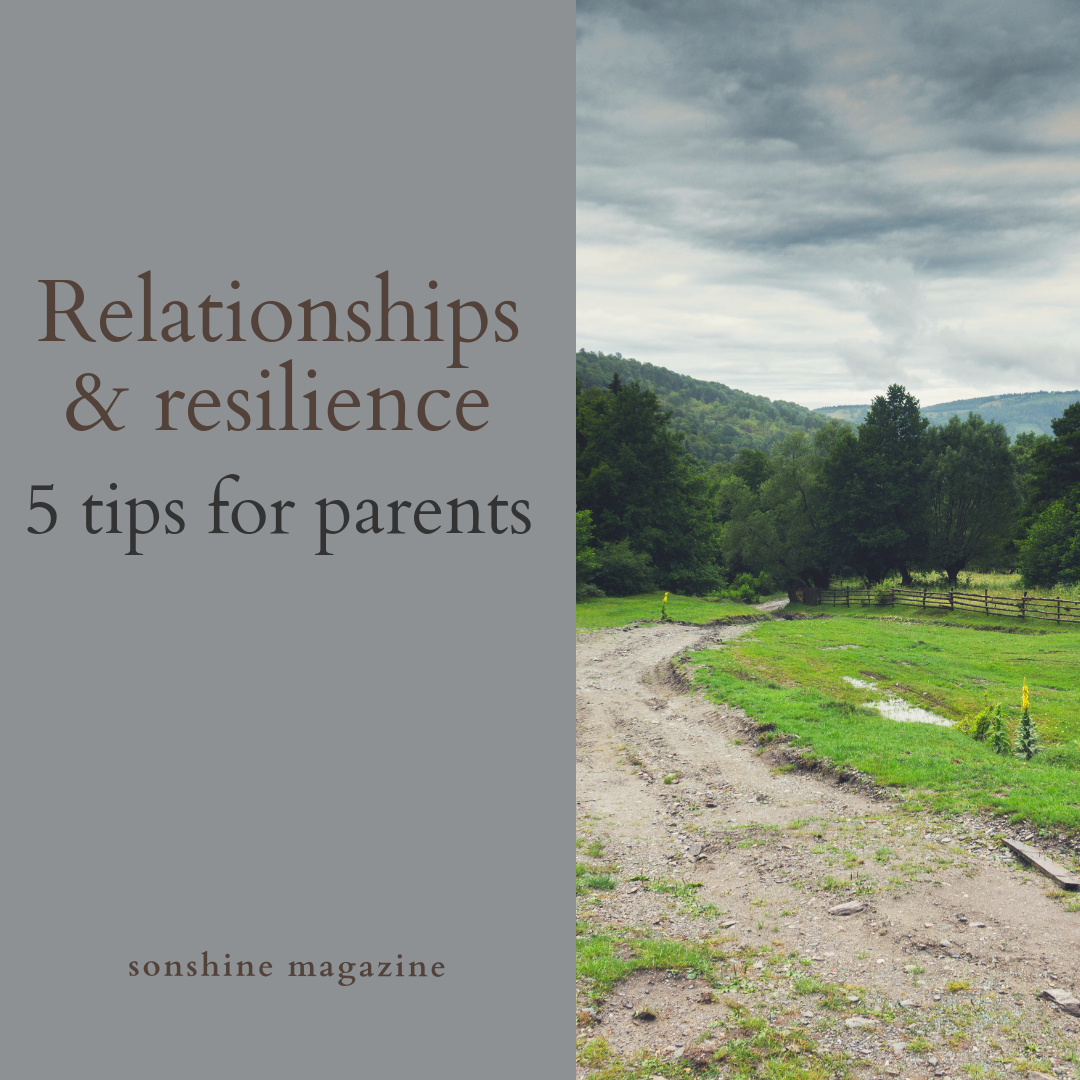Resilience and relationships: Mental health tips for parents
When we hear about rising rates of anxiety and depression amongst young people, our own youthful experiences may not always reassure us. The lives of our children can sometimes feel far removed from our own (phone-less) childhoods. Charlotte Levene gives us her tips for not feeling paralysed and taking positive steps for caring for our kids’ mental well-being (and our own).
As adults when we see the children we care for in distress, we want to help. But the minefield that is ‘mental health’ can feel like a terrifying world that we feel unqualified to explore. Many parents, carers and teachers feel worried that by talking about feelings and asking questions, it might make it worse. Often as boys get older they start to hear the social conditioning that suggest they shouldn't show their feelings. So how do we navigate this situation, how do we ensure that what we say is helpful? How do we help our children become resilient people who can overcome the challenges and adversities they face?
1. Resilient moves: Building Empathy
By doing one or two things that build resilience, you are likely to be doing a lot more as well. So, for example, helping your boy to consider how others might be feeling could have lots of positive knock-on effects: he will have better friendships, he is likely to get in trouble less at school, his relationships at home might be improved, he will be able to navigate his way through the world more easily. Obviously this isn’t always a quick win … our children’s sense of ‘self’ is often quite strong! But if we help our children to have some idea of what is going on for others, it might begin to have an impact on how they behave around other people and how they feel about how people are treating them.
2. A sense of belonging
We all need to feel like we belong. Many of us are lucky enough to be part of caring families or friendship groups. We know that when we are with those people we can just be ourselves. It could be at work, doing sport or anywhere we feel at home. It’s the same for children. They need to have places which feel safe and where they can be themselves. Historically, playing football has been a saving grace for lots of boys. But not all. For some boys this is the place they feel most excluded – the idea of kicking around a ball seems utterly abhorrent. So we need to make sure all children have somewhere to belong as well. If they feel excluded at school we might need to work extra hard at home. We need to find a place where they can do more of what they enjoy where they don’t feel judged or different.
3. Being Held in Mind
This is the idea that someone is thinking about you and caring about you, even when you are not with them. It is this that can give children the bravery that they might need to try something new, to get something wrong. It makes children feel safe, have good self-esteem and helps them to feel worthy to make friends and be treated well in friendships, the list can go on and on. Consider ways in which to communicate this: “On my way to work this morning I saw a dog that looked just like his owner. And I thought I must tell Fred as he always says that I look like our dog”. Your child will know that they still exist in your mind when they are doing their thing and you are doing yours.
4. Talking about feelings
Many of us struggle to answer direct questions about how we are feeling and those of us with teenagers know that this can be even more of a struggle sometimes. Often these conversations work better when we aren't looking at each other. Try chatting when driving them somewhere, or washing up (if you are lucky enough to have offspring who help with this!).
5. Good enough parenting
This stems from the idea that we as parents are not perfect and we don’t need to be. We need to love, care and nurture our children. But sometimes we will put them in front of the telly so that we can have time doing something else. Sometimes we will shout. Sometimes we will forget that their school sweatshirt is covered in toothpaste and send them to school in it anyway. Focus on the good enough. Does our boy know that we love him? Does he know that we are interested in him? Are we helping him when he is sad or worried? As parents we will all get things wrong sometimes. Focus on the things that you think are important as a parent. And be generous with yourself. Parenting can be really hard!
These are just a few ideas to get you thinking. For advice on mental health and parenting try YoungMinds
Charlotte Levene is a registered social worker with over 20 years experience working with children, young people and those who care for them.











